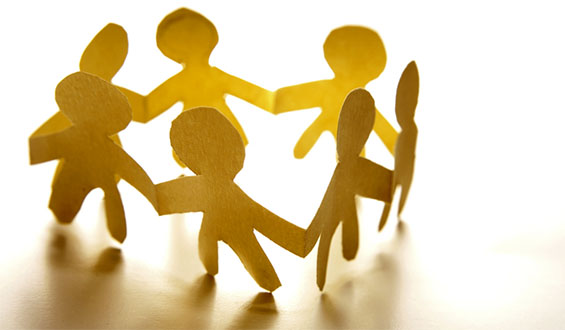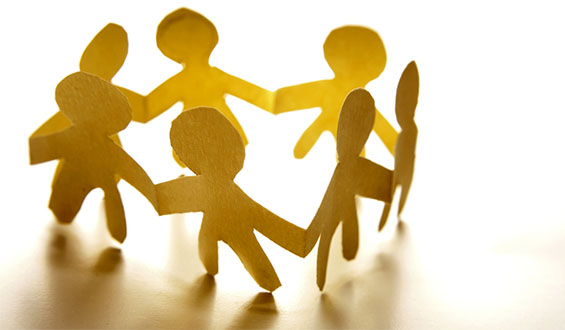
While social-emotional learning programs have been proven to help all sorts of learners, experts say special education students could especially benefit from the lessons, which focus on mindfulness, self-regulation, and cooperation.
Information from the Collaborative for Academic, Social, and Emotional Learning suggests that social-emotional learning (SEL), often referred to as “soft skills” or “character education,” helps students to understand and manage their own emotions, set and achieve positive goals, feel and show empathy toward others, create and maintain relationships, and make responsible decisions.
Melissa Schlinger, the learning collaborative’s vice president of programs and practice, said that although all students could benefit from these lessons, special education students could be less likely to pick up on social cues, or more likely to have a hard time managing their emotions or behavior.
“When a school focuses on SEL for all kids, it’s helping special ed kids in two ways,” Schlinger says. “Building the social and emotional consciousness of non-disabled kids promotes a climate of inclusion and tolerance of different needs. It also helps special needs kids develop their own social and emotional competence.”
Schools can teach these soft skills in a variety of ways, including bringing a counselor into the classroom for a more direct lesson or strategically placing the lessons into the core curriculum to allow students to practice problem-solving and mindfulness through activities that promote moment-by-moment awareness of thoughts and feelings.
According to a study from Duke University, teaching these “soft skills” could also benefit at-risk children and possibly keeping them out of future criminal trouble. Researchers looked at the program Fast Track, which began in the early 1990s for students identified by teachers and parents to be at-risk for developing aggressive behavioral problems in the future.
Students were divided into two groups, with one group of students taking part in the intervention program of a teacher-led curriculum, parent training groups, academic tutoring, and lessons in self-control and social skills. The results found that students who participated in the program, which lasted from the first grade through the tenth grade, were less likely to participate in acts of delinquency, be arrested, or make use of health or mental health services during their young adult years, writes Lynne Shallcross for NPR.
A more recent study focused on why those results occurred. Researchers looked at the data of over 900 students, finding that around one-third of the impact the program had on students was due to social and self-regulation skills learned, with academic skills learned having less of a determination on future crime and delinquency rates. Soft skills taught to children in the program include working in a group setting or how to think about the long-term consequences of a decision.
Kenneth Dodge, a professor of public policy and of psychology and neuroscience at Duke, said the study showed that soft skills should be taught in schools across the country at a higher rate. Dodge says that parents should do as much as they can to promote the use of these skills.




